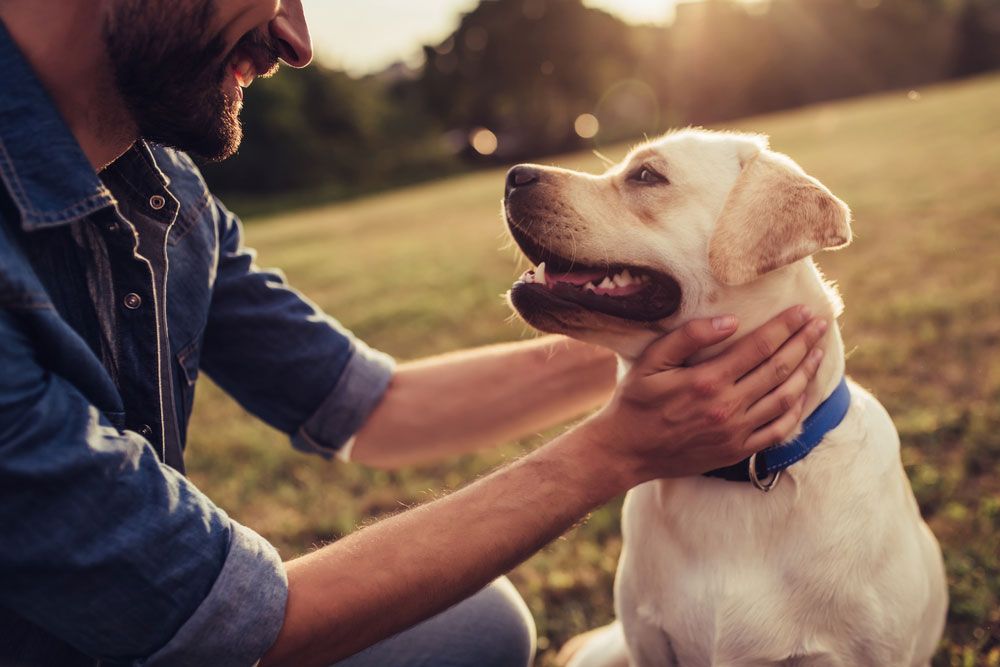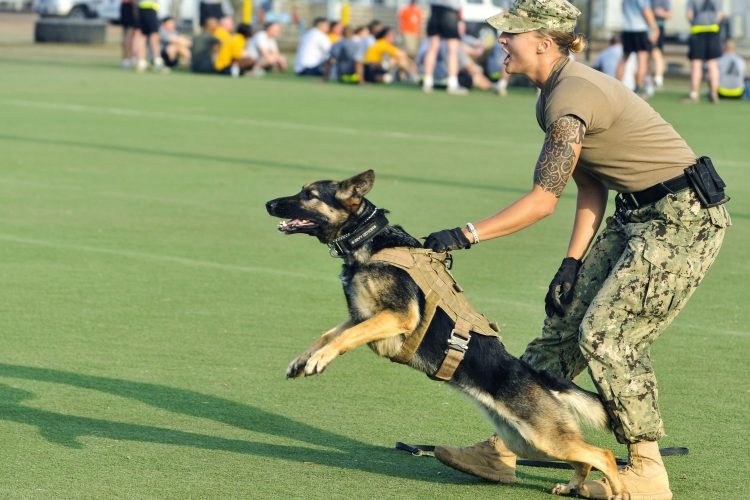Many people liken raising a dog to nurturing a child, and this metaphor holds immense truth. In their tender infancy, dogs are as reliant on their owners as babies, but as they mature and discover the wonders of the world, they develop individual preferences and may occasionally resist following commands. To maintain their docile nature, owners must embark on training their pets. Here are ten invaluable tips to help your dog become more obedient and willing to heed your instructions.
Ten Tips for Training Your Dog to Better Obey Your Commands
- Reward Positively: Rewards are far more effective than punishments, motivating dogs with enthusiasm and vigor. Being encouraged to do something beats being coerced into it, for both humans and dogs alike.
- Get Down to Their Level: Dogs find human stature intimidating. By squatting down, you reduce the height disparity, alleviating pressure and making it easier to handle your dog’s collar in case of emergencies.
- Avoid Punishment: Dogs lack a concept of cause and effect. Punishing them for, say, stealing a steak, only reinforces the memory of you taking away their food and hitting them. This doesn’t deter the behavior but harms your bond.
- Stay Positive: Your dog’s mood mirrors yours. Approaching training with a positive mindset encourages your pet to be more enthusiastic and engaged.
- Avoid Repetitive Commands: Don’t keep repeating commands if your dog doesn’t respond. Some less intelligent dogs may interpret repetition as the norm, refusing to act unless commanded repeatedly.
- Don’t Chase: If your dog doesn’t come when called, resist the urge to chase. This only excites their play instinct, making them run further. Instead, gently tug the leash to signal it’s time to return.
- Distinguish Name from Command: Avoid confusing your dog’s name with a recall command. Use their name as a signal to “pay attention to me,” not as a substitute for “come.”
- Let Dogs Teach Dogs: If you have another trained dog, involve it in the training process. Older dogs often share their wisdom, and puppies instinctively mimic adult dogs’ behaviors.
- Substitute Petting for Treats: Gradually replace food rewards with petting or verbal praise during the final stages of teaching a new skill. This saves money and prevents your dog from becoming reliant on treats.
- Patience Is Key: Recognize that dogs may not master a new skill in one go. Persistence and repeated, patient training sessions are essential for successful learning.

Enlisting Professional Help or Peer Supervision
While hiring a professional dog trainer can help correct training mistakes, those without the means can seek a friend or family member to observe their sessions and point out unnoticed flaws. Remember, a well-behaved dog largely reflects the skills and dedication of its owner.























































